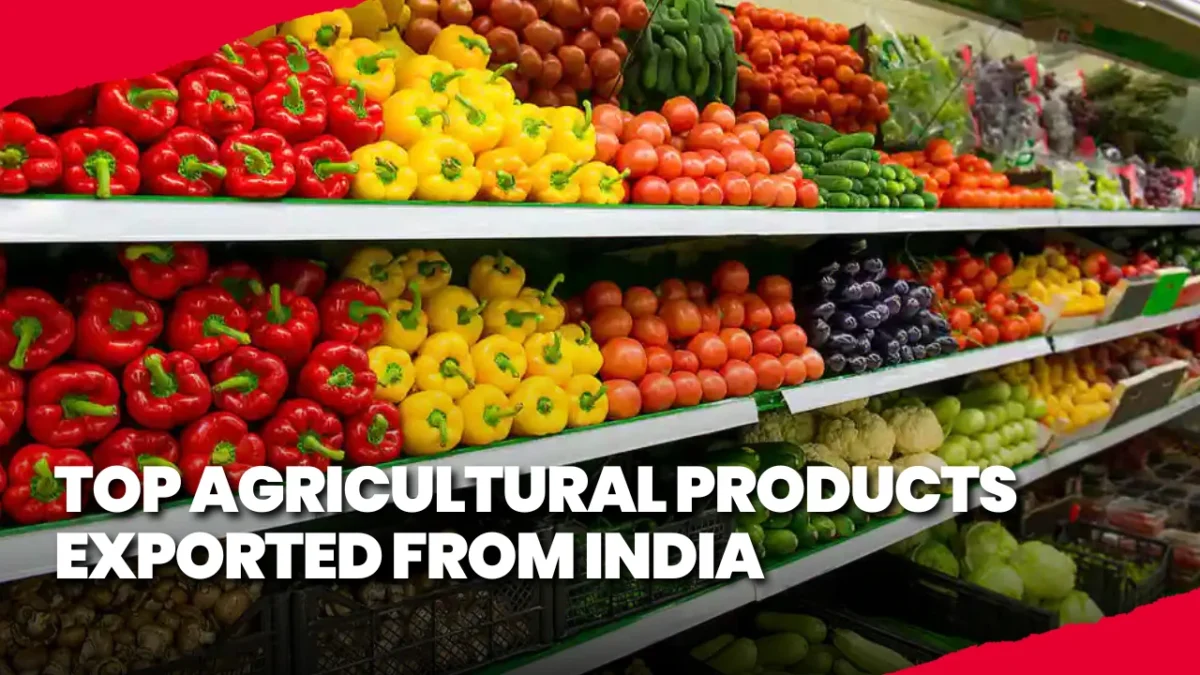India has always been known as an agricultural powerhouse. From fertile lands to diverse climatic conditions, the country produces a wide variety of crops that are exported globally. With modern technology, innovation, and government support, India’s agricultural sector has transformed over the years, giving rise to some of the top agricultural products manufacturers who play a crucial role in supplying high-quality food both locally and internationally.
In this complete guide, we’ll walk through the significance of agricultural manufacturers in India, explore the key products they offer, and share why they are vital in ensuring food security and supporting the economy.
Why Agricultural Manufacturing Matters in India
Agricultural manufacturing isn’t just about farming. It’s about turning raw crops into consumable products, ensuring quality, packaging, and delivering them to markets worldwide. Manufacturers bridge the gap between farmers and consumers by adding value through:
- Processing – turning grains, fruits, and vegetables into ready-to-use forms.
- Quality Control – ensuring safe and standardized food for both domestic and global markets.
- Export Support – strengthening India’s position as one of the largest exporters of agricultural goods.
With India being home to over 1.4 billion people, manufacturers also ensure a steady food supply across the nation.
Major Agricultural Products in India
India is one of the world’s largest producers of:
- Rice – a staple for millions, and one of the country’s top exports.
- Wheat – grown extensively across North India.
- Pulses – like lentils and chickpeas, vital for protein intake.
- Spices – turmeric, cardamom, pepper, and more that dominate the global spice trade.
- Fruits & Vegetables – from mangoes and bananas to potatoes and onions.
- Cotton & Sugarcane – essential cash crops for textiles and sugar production.
These products are not only consumed domestically but also shipped worldwide, making India a global food hub.
Role of Top Agricultural Products Manufacturers
The leading manufacturers in India specialize in turning these raw crops into high-quality packaged products ready for retail shelves. They:
- Invest in modern farming techniques and technology.
- Work closely with farmers to source raw materials.
- Ensure compliance with global food safety standards.
- Build strong distribution networks across India and abroad.
Thanks to their efforts, Indian agricultural products have gained trust and recognition worldwide.
Is Rice a Staple Food?
When we talk about agricultural products in India, rice deserves a special mention. For centuries, it has been part of Indian culture, traditions, and daily meals. But if you’ve ever wondered, Is Rice a Staple Food? — the answer is a resounding yes.
Rice is not only India’s most widely consumed grain but also a lifeline for many Asian and African countries. India is the largest exporter of rice, supplying basmati and non-basmati varieties to over 150 countries. Manufacturers ensure this grain is polished, processed, and packaged with strict quality standards before reaching homes worldwide.
Top Agricultural Manufacturers to Watch in India
Here are some of the leading names in India’s agricultural manufacturing sector:
- KRBL Limited – Famous for its Basmati rice exports, particularly the India Gate brand.
- LT Foods – Known for Daawat Basmati and global distribution.
- Amul – India’s dairy giant, supporting millions of farmers.
- ITC Limited – A big player in packaged foods, spices, and consumer products.
- Nuziveedu Seeds – Leaders in cotton seed production.
- Patanjali Agro – Known for natural, organic agricultural-based products.
These companies represent India’s diverse agricultural ecosystem, from grains to dairy and spices.
Challenges Faced by Agricultural Manufacturers
While India is an agricultural leader, manufacturers still face challenges such as:
- Supply Chain Issues – from transportation delays to storage concerns.
- Climate Dependence – unpredictable weather impacts crop yields.
- Price Fluctuations – global demand and local market variations.
- Quality Standards – meeting stringent export regulations.
Despite these hurdles, manufacturers continue to invest in technology and sustainability to overcome challenges.
How Technology Is Changing Agricultural Manufacturing
Modern agriculture in India is no longer limited to traditional methods. Today, manufacturers use:
- AI and IoT – for monitoring crop health and predicting yields.
- Cold Storage & Supply Chains – reducing wastage and extending shelf life.
- Organic Farming Techniques – catering to rising health-conscious consumers.
- Blockchain – ensuring traceability and authenticity of exports.
These advancements help India’s manufacturers stay competitive in the global market.
The Importance of Staple Crops
Apart from rice, wheat and pulses are also considered essential staples in India. They provide nutritional value and form the base of countless meals. Global consumers often ask, Is Rice a Staple Food?, but the truth is, India’s strength lies in having multiple staple crops that keep millions nourished.
Manufacturers ensure these staples are available year-round, processed safely, and exported efficiently.
Future of Agricultural Products Manufacturing in India
The future looks promising, as India aims to become a $1 trillion agriculture economy in the coming decades. With increasing demand for organic products, superfoods, and sustainable farming practices, manufacturers will play a bigger role than ever before.
Key trends include:
- Growth in organic farming exports.
- Adoption of renewable energy in processing plants.
- Expansion of value-added products like ready-to-cook meals.
- Stronger global partnerships in agri-business.
Final Thoughts
India’s agricultural sector is more than just farming; it’s an ecosystem where farmers, manufacturers, and exporters work together. The top agricultural products manufacturers ensure that the food reaching your table is fresh, safe, and of the highest quality.
From rice and wheat to fruits, spices, and dairy, Indian manufacturers play a vital role in feeding the nation and the world. With innovation, sustainability, and a growing export market, the future of agricultural manufacturing in India looks brighter than ever.

